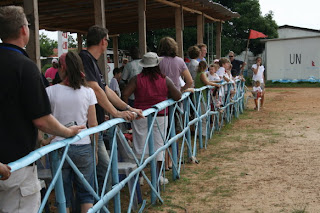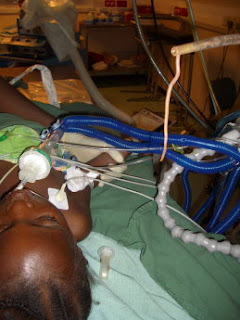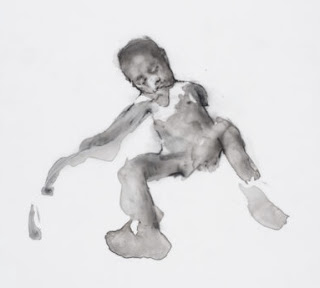 I saw the ad on the ship for a female get together to go through a book entitled “For Women Only: What You Need to Know About the Inner Lives of Men” by Shaunti Feldhahn . I was intrigued as I had come across circles where men were considered the head of a marriage. I decided to view it as a study in cultural anthropology.
I saw the ad on the ship for a female get together to go through a book entitled “For Women Only: What You Need to Know About the Inner Lives of Men” by Shaunti Feldhahn . I was intrigued as I had come across circles where men were considered the head of a marriage. I decided to view it as a study in cultural anthropology.Feldhahn wrote the book after taking a survey in which she asked both sexes whether they would rather be alone and unloved or disrespected and inadequate. 75% of women said they would prefer to be disrespected and inadequate rather than alone and unloved while 75% of men said the opposite (much to the shock of the polled women). This highlighted for her how few women have a clue how men’s minds work. This book was designed to enlighten any female who cared to unlock the mystery of males in her life whether it be family, workers, or friends.
It seemed that the jist rested on a certain biblical description of husbands being told to love their wives and wives being told to respect their husbands. We were asked why wives were not asked to love, but men were. I spouted something about the cultural context of the time and women being merely possessions of males. Marriage merely signified the exchange of goods from father to son and the interlinking of families groups and so the request to love this person was actually a significant shift in perspective from one of function to one of emotion. Later it dawned on me that these suggestions made for husbands and wives fit into the 75% inadequacy holes that each sex felt according to the original survey.
After the 1st session I was surprised at how relatively even-keeled it began. It was actually a good source on how to be a decent human being to others. It was applicable to anyone at any time. It focused on how to value, respect, affirm, and appreciate another human being. It looks at how we can have a double standard when it comes to how we want to be treated versus how we treat others.
ASSIGNMENT 1: DO NOT SAY ANYTHING NEGATIVE TO ANYONE OF THE OPPOSITE SEX. I thought, hey, why torture your own sex too? I tried not being negative to anyone. What did I find? There is a lot of grey area!




















































